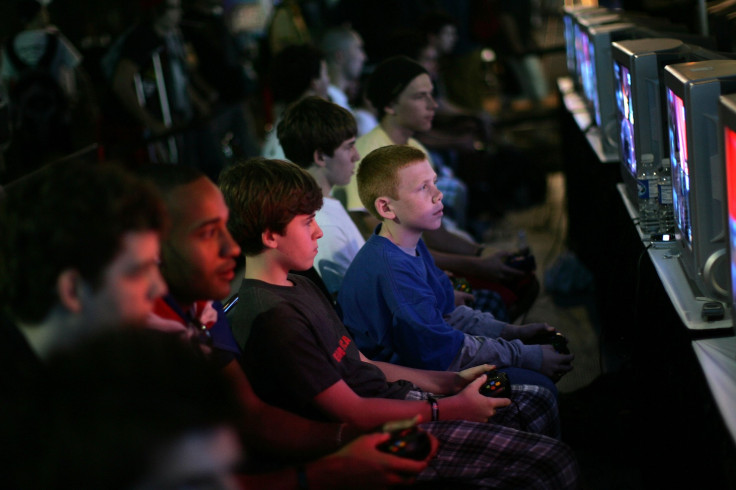Online Gaming Helps Kids Do Better In School, Social Media Doesn’t, Study Says

A study found that children who play online video games tend to fare better in school, especially in science, math and reading tests. In contrast, children who spend too much time on social media sites are likely to do poorly in school.
The study published in the International Journal of Communication analyzed data collected from over 12,000 high school students in Australia. It found that students who played online games regularly scored 15 points more than the average score in math and reading tests and 17 points over the average score in science. The study, however, did not conclude if playing the video games directly helped children improve in school.
“When you play online games you’re solving puzzles to move to the next level and that involves using some of the general knowledge and skills in maths, reading and science that you’ve been taught during the day,” the study’s author Alberto Posso from RMIT University in Melbourne said in a statement. “Teachers should consider incorporating popular video games into teaching — so long as they’re not violent ones.”
Posso also found that students who used social media sites regularly were likely to score 4 percent lower than average. The more they used social media, the bigger the difference. In the study, 78 percent of the students admitted they use social media every day.
“Students who are regularly on social media are, of course, losing time that could be spent on study — but it may also indicate that they are struggling with math, reading and science and are going online to socialize instead,” Posso said, “Teachers might want to look at blending the use of Facebook into their classes as a way of helping those students engage.”
The data was collected in 2012 by Organization for Economic Co-operation and Development’s Program For International Student Assessment. PISA is an international study that assesses the academic results of randomly selected schools.
Given that the study used data collected in 2012, it is likely that it does not accurately reflect the current patterns of technology usage by students. “Don’t worry, it seems like the internet isn’t as bad as we thought,” Posso told Mashable.
© Copyright IBTimes 2024. All rights reserved.












